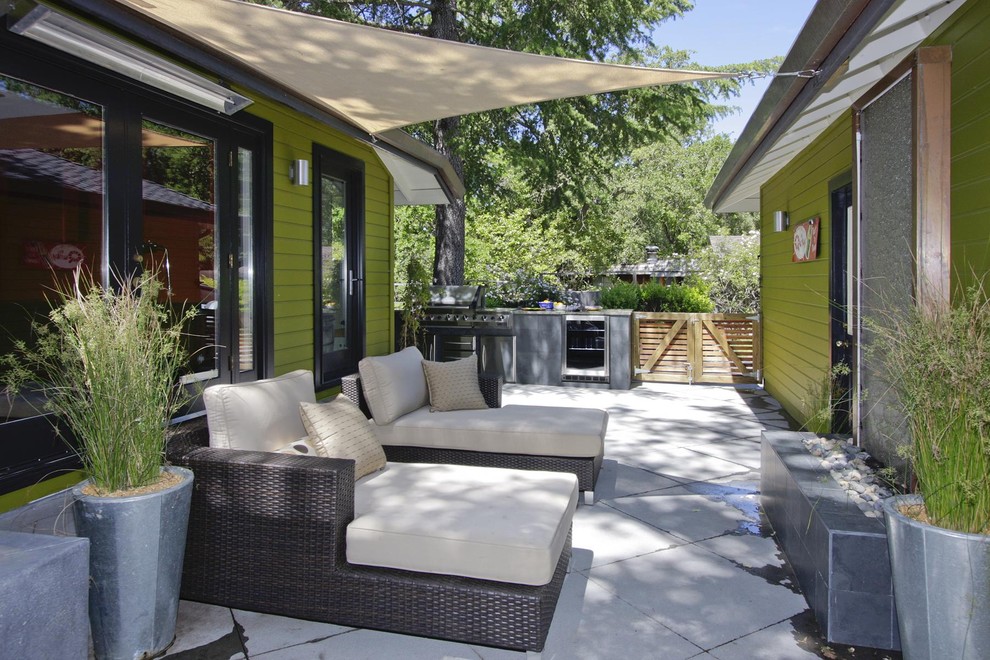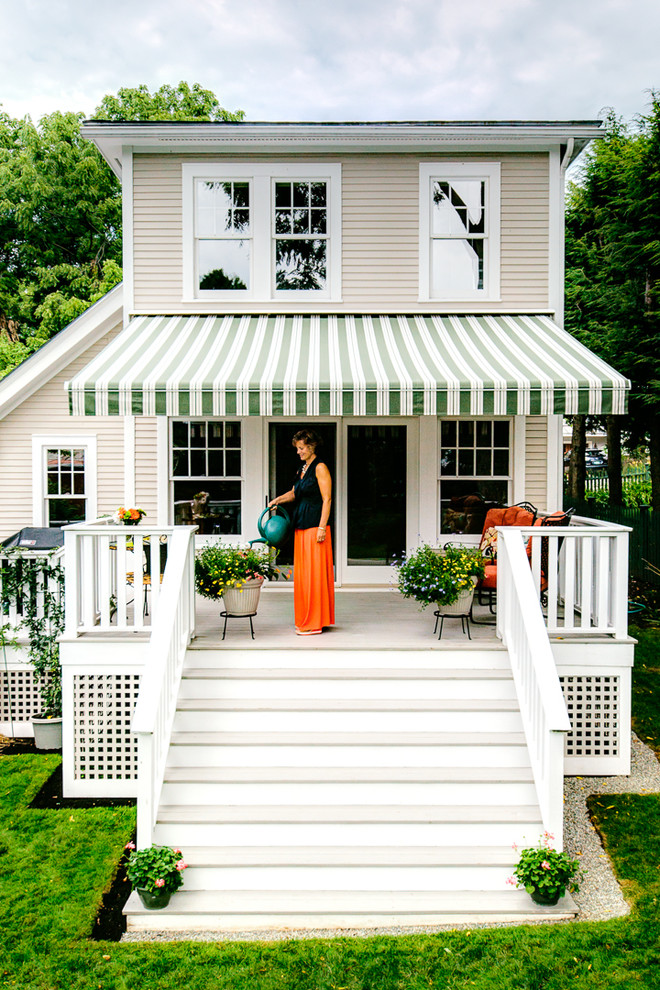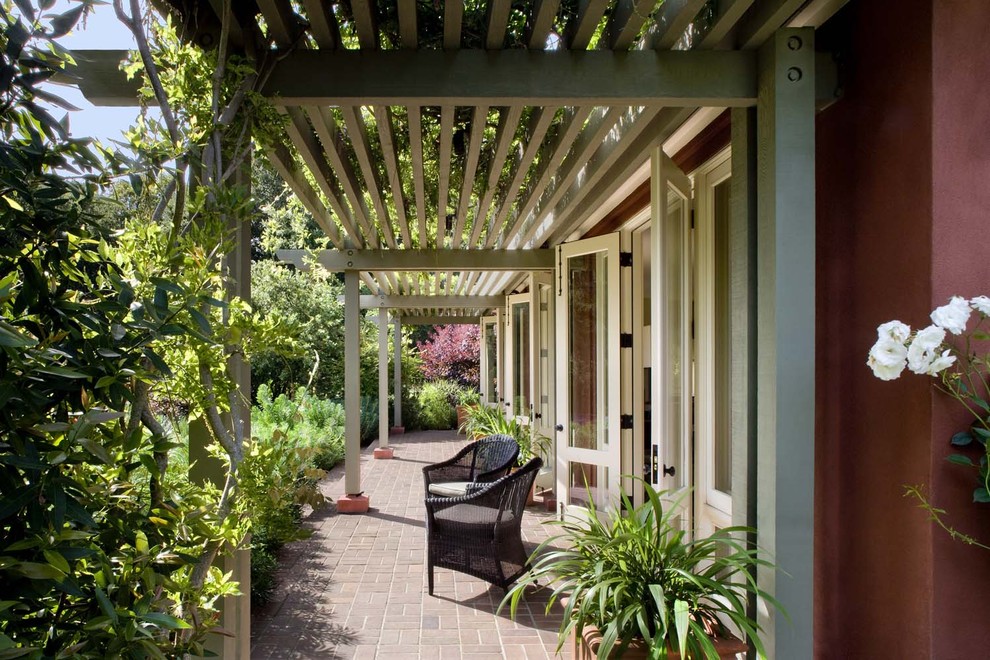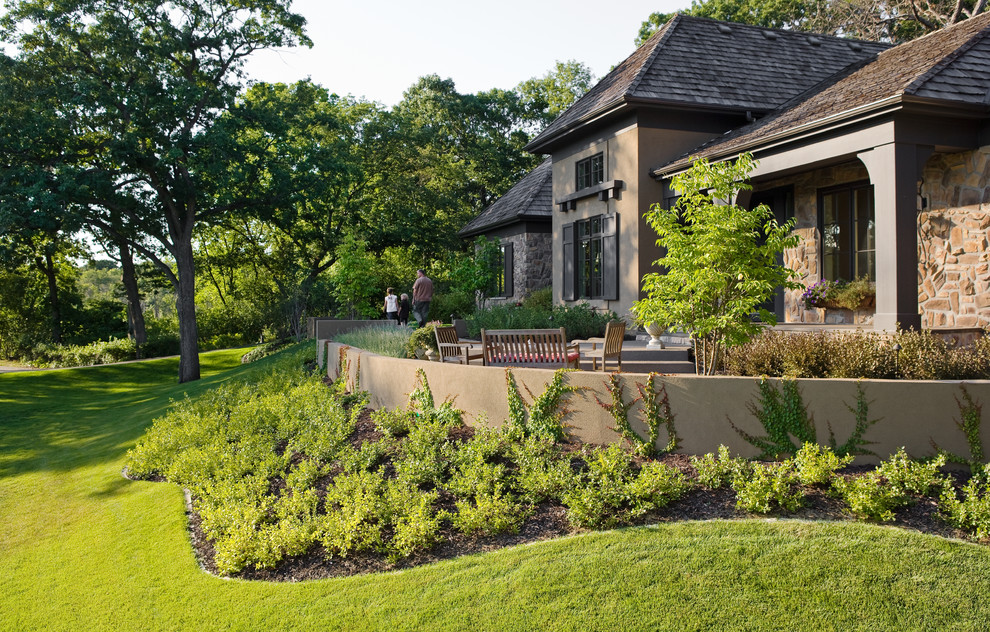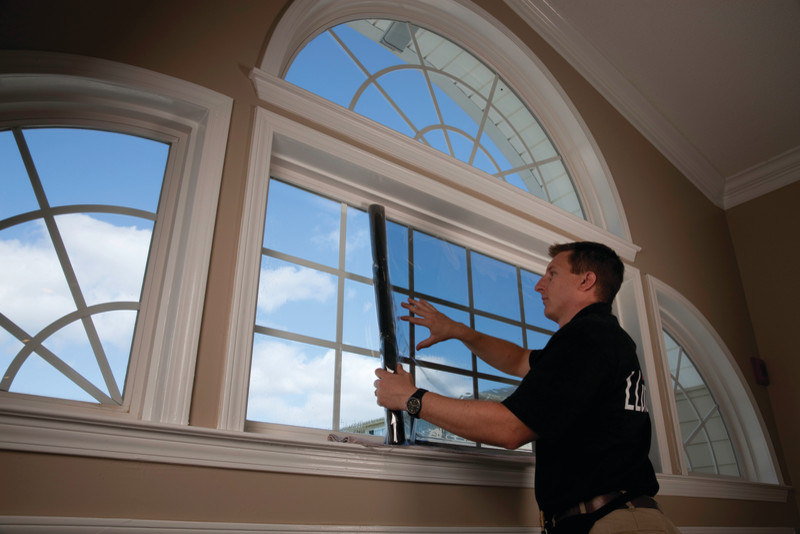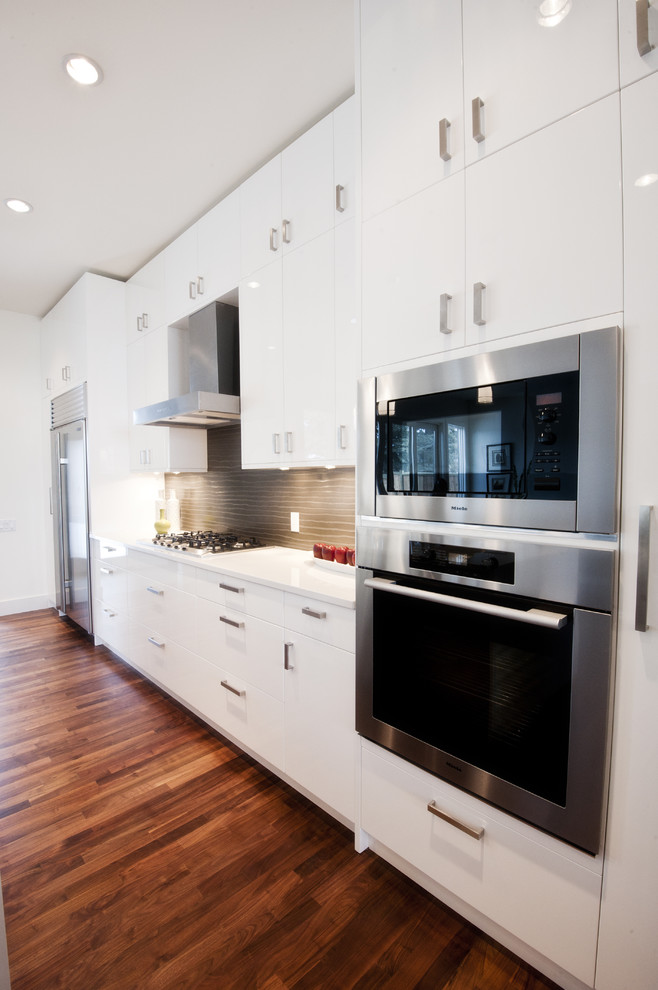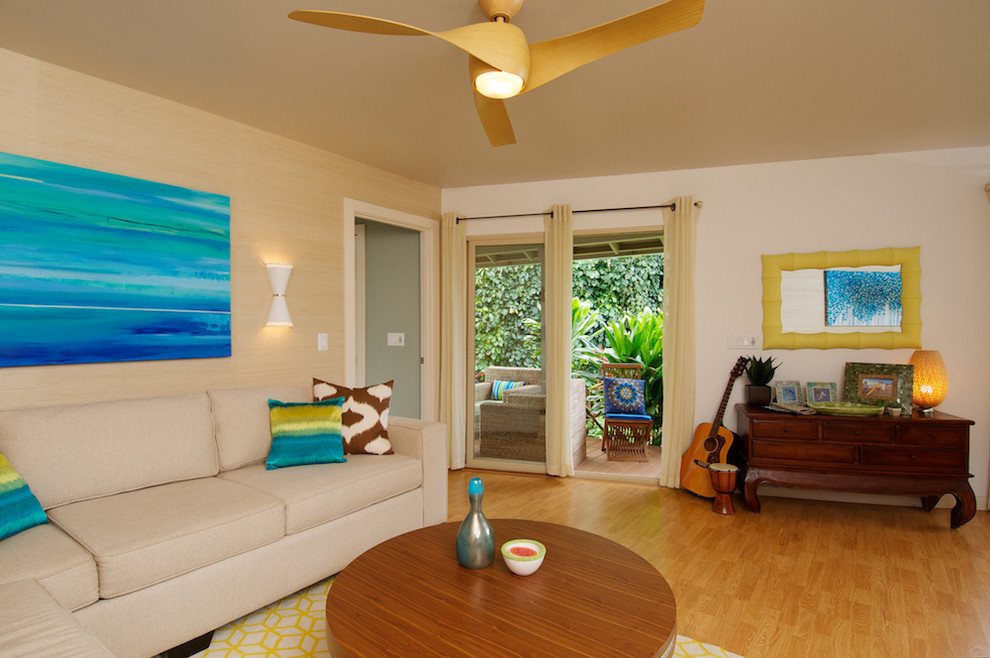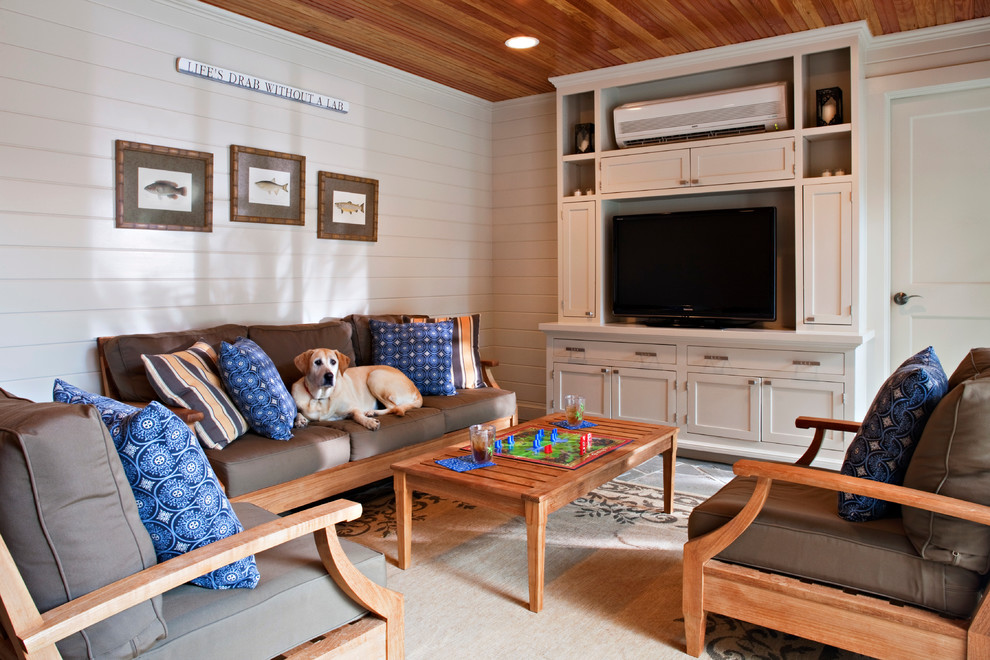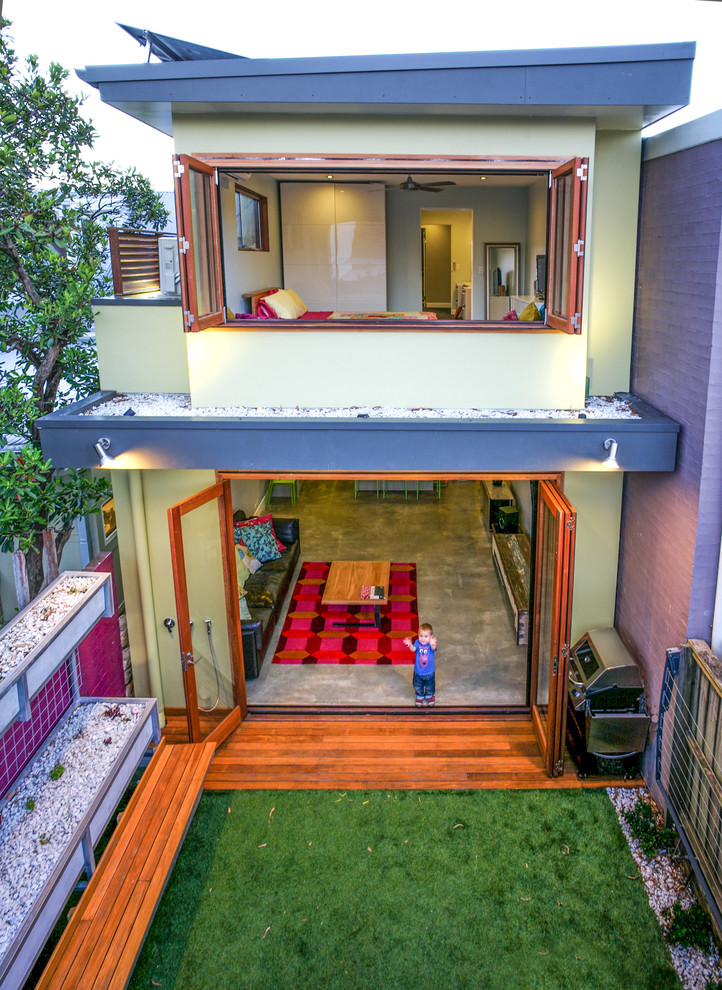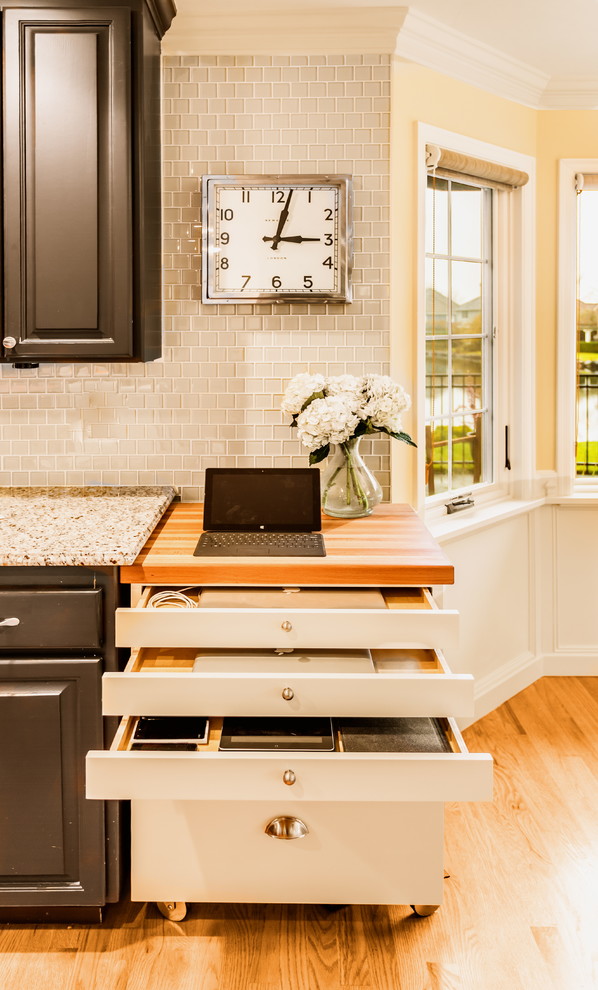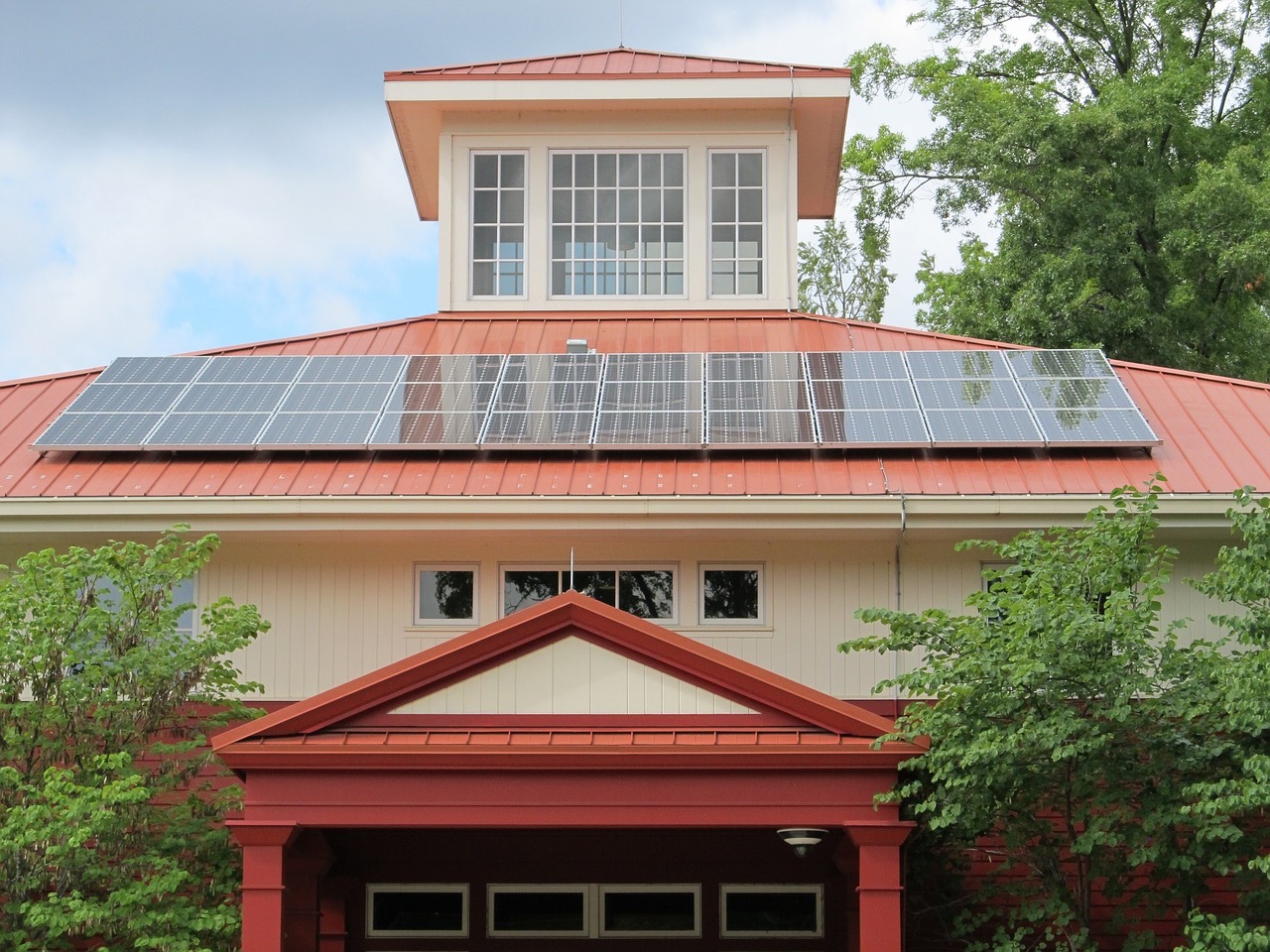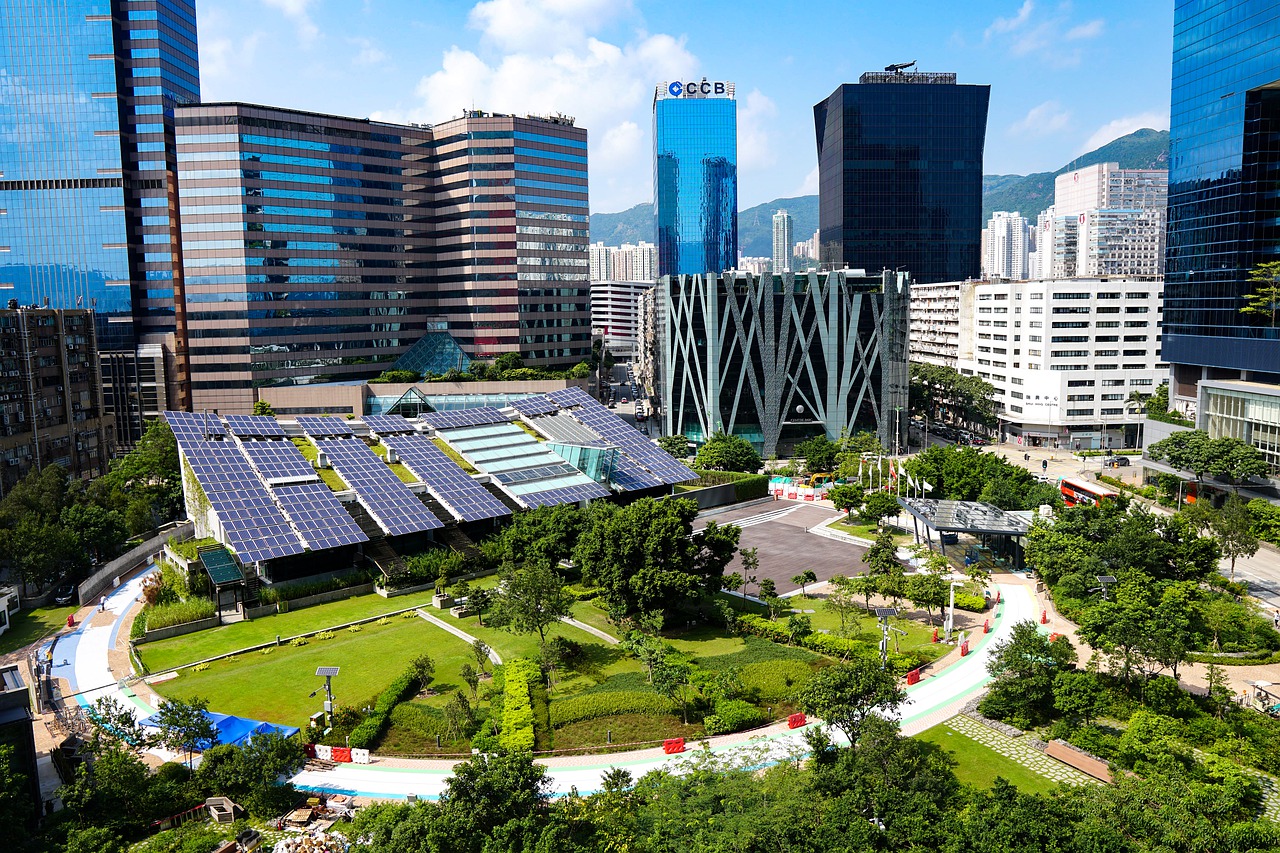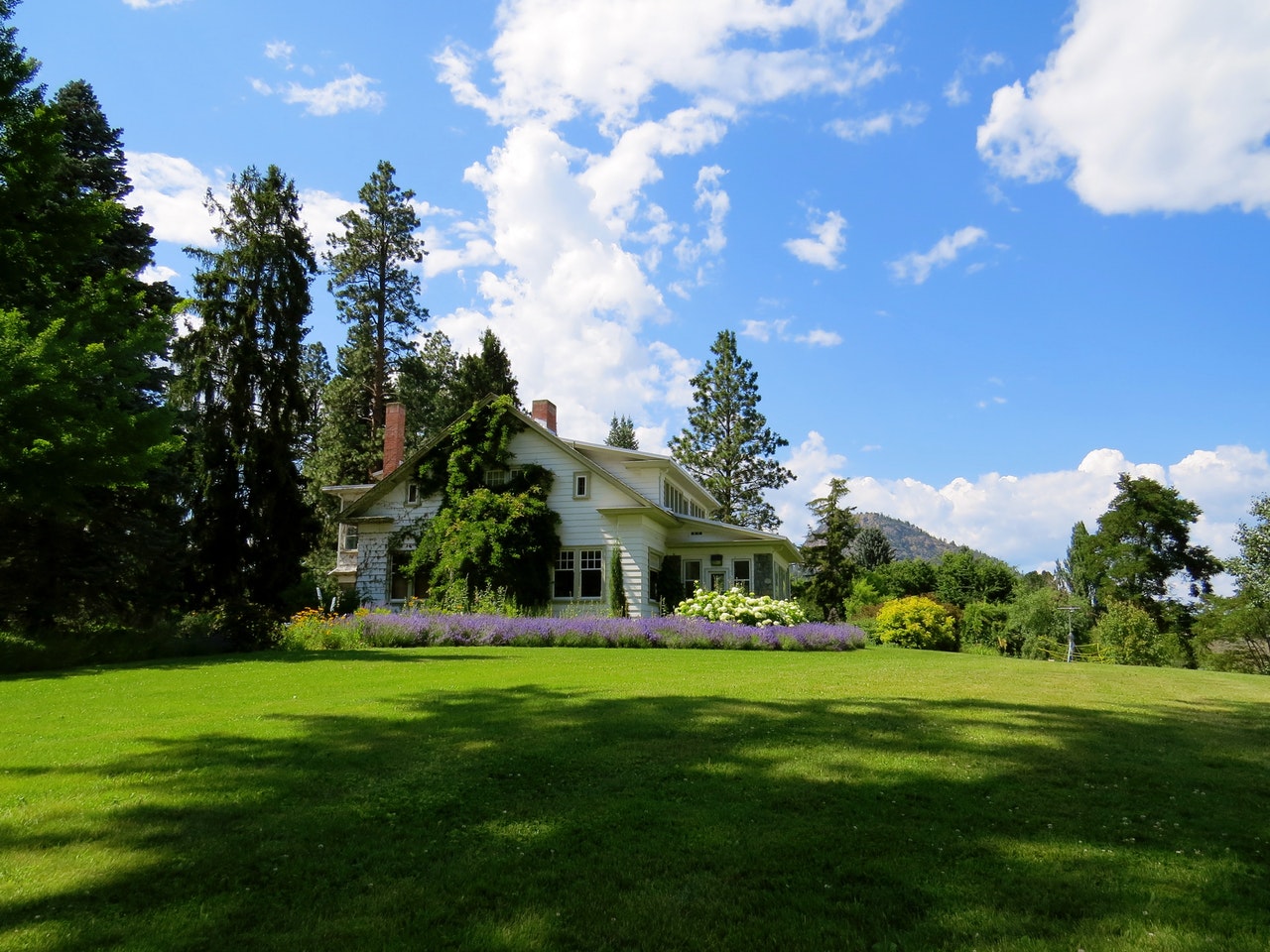When heat strikes and you find shelter in your home, is there anything more blissful than snoozing off in a pleasantly cooled off room and forgetting about how hot it is outside? However, most of the time people are unaware of how expensive air conditioning can get during summer. If you live in Texas, for example, you can opt for a fixed-rate electricity plan from Texas-New Mexico Power if you want to save as much as possible on your electricity bill. Here are some tips and tricks on how you can reduce your energy bill during summer, and still keep cool during unbearable heats.
Create your own shade
Air conditioning has become such norm, that no one can’t even imagine a home without it. What many people forget though, is there are many other ways to reduce heat pretty decently with some other low-tech strategies. First, you can surround your home with shade-creating elements:
Photo by Bob Hooks
Awnings
They can significantly reduce a home’s air conditioning usage in the summer and also reduce direct solar gain through windows.
Photo by Matthew Niemann Photography
Trelliswork
Trellis are a low-cost addition to any landscape, easy to make, and can be used to introduce shade or privacy, or to support climbing vegetables or flowering vines.
Photo by Cathy Schwabe Architecture
Landscaping
Trees shade roofs from the hot summer sun. Shrubs and vines can be planted to keep walls cool. Shading your air conditioner can reduce energy costs by as much as half by the end of the summer.
Or, you can try window tint. It can give you privacy while also keeping your house cooler and reducing power consumption.
Photo by Scottish Window Tinting
Don’t use heat-generating appliances
Operating the oven or stove inevitably creates heat in the kitchen, which you seriously don’t need. But, you don’t have to skip dinner because of that! Instead, go for lighter meals that can be prepared with little to no cooking time. If it’s really necessary, do more serious cooking over the grill outdoors. And of course, if you need to heat something up – microwave is your solution.
Using a dishwasher or a dryer is also a big no-no. For that, try to post-pone these activities after dark. You can always wash your dishes and let them air-dry and hang your clothes on a clothesline. It’s not like it’s going to take them long to dry in these temperatures.
Fans are an option
Of course, there are some days when only air-conditioning can help. As for the other more bearable days, don’t leave it on. Try to opt for some ceiling or window fans instead. You can give your air-conditioner a little break, while also saving electricity. If you strategically place them in your house, cool air will nicely circulate and prevent your home from heating. Just make sure to turn them off if nobody is enjoying them, because that can be a waste of electricity.
Photo by Natalie Younger Interior Design, Allied ASID
Don’t make your home a North Pole
As tempting as that sounds, having a fairly lower temperature inside your home than outside can be bad for your electricity bill. Climacool experts advise that the smaller the difference between indoor and outdoor temperatures is throughout the summer season, the less you’ll spend.
Even when you’ve just arrived to place which more resembles a sauna than a home, don’t turn the AC to a colder-than-normal temperature. It won’t cool your rooms any faster, and there’s a chance you might forget about it, resulting in pointless spending.
Try the Stack Effect
To achieve the famous stack effect, you need to open the windows on both the upper and lower floors, and as warm air exits the upper level, cooler air will come in at the ground level (consider sleeping there). During the day it is more advisable to close the windows to maintain cooler indoor temperatures, however silly that seemed.
Photo by Zugai Strudwick Architects
Keep your cooling systems maintained
If you don’t properly care for your equipment, it definitely won’t reduce your cooling costs. Dirty AC filters block airflow and make units work harder to cool your home. Cleaning or replacing filters once per month will lower an AC’s energy consumption by 5% to 15%. If you have a central cooling system, be sure that floor registers aren’t blocked with dust—or furniture. A unit’s evaporator and condenser coils (located outside) should also be clear of dirt and other debris (fallen leaves, branches, grass).
Eliminate other energy users
How can you tell what is sucking up your energy? Look for anything with a clock or light that’s on even when the item is turned off. Any sort of plugged in charger (especially for your mobile phone) can also be an energy suck even when it’s not charging anything, so make sure they’re out. Instead, try hooking things up to surge protectors or use outlets that connect to wall switches. That way when the wall switch is off, no power is being drained.
Conclusion
Saving energy isn’t really that hard and it can drastically reduce your bills. Summer can be hard to overcome with crazy temperatures, but as long as you remain economic and stick to these advice, you’ll have a blast while also keep some money in your pocket.

